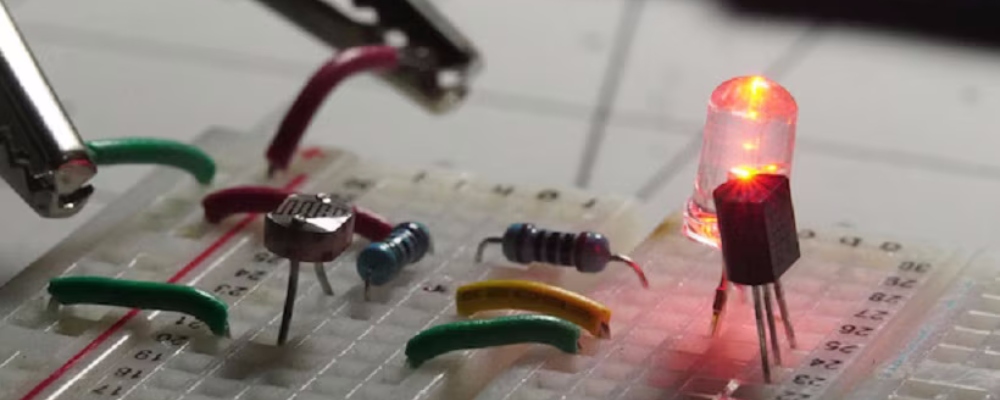what are you looking for?
The light sensor, also known as a photoresistor or photocell, is a small electronic that detects ambient light levels. In the context of solar lights, the light sensor plays a crucial role in determining when the light should turn on and off.
During daylight hours, when there is sufficient natural sunlight, the light sensor detects this and signals to the solar panel to begin charging the battery within the solar light. As evening approaches and natural light diminishes, the sensor triggers the LED bulbs within the solar light to illuminate.
This automatic process allows solar lights to operate independently without requiring manual intervention. It also ensures that they only activate when needed, conserving energy and prolonging battery life.

The use of a reliable and sensitive light sensor is essential for ensuring that solar lights function effectively in various weather conditions and geographic locations. A high-quality sensor will accurately detect changes in ambient lighting levels, allowing for precise control over when the lights are activated.
While often overlooked, it’s clear that without an efficient light sensor, solar lights would not be able to provide consistent illumination during nighttime hours. The technology behind these sensors continues to improve alongside advancements in renewable energy solutions - making them an integral part of sustainable outdoor lighting systems.

Xiamen SLD Technology Co., Ltd
 Chengyi North Street, Software Park 3, Jimei District, Xiamen Fujian, China
Chengyi North Street, Software Park 3, Jimei District, Xiamen Fujian, China +86 188 5929 8629
+86 188 5929 8629 sales@solarlightsdo.com
sales@solarlightsdo.com Blog | Sitemap | XML | Privacy Policy
Blog | Sitemap | XML | Privacy Policy

